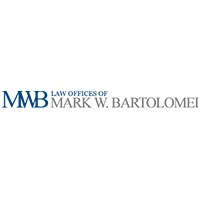 Cherry Valley Bankruptcy & Debt Lawyers, Massachusetts
Cherry Valley Bankruptcy & Debt Lawyers, Massachusetts
Sponsored Law Firm
-
 x
x

Click For More Info:
-
Botelho Law Group
901 Eastern Ave Suite 2 Fall River, MA 02723» view mapBankruptcy & Debt Law Fall River Lawyers
At the Botelho Law Group we have several attorneys, with different specializations; to help your case’s individual needs.
800-229-5331
Sponsored Lawyers
1-7 of 7 matches
Bankruptcy & Debt, Divorce & Family Law, Criminal
Marina R. Matuzek is a practicing lawyer in the state of MA handling Bankruptcy and Family Law cases.
(more)Divorce & Family Law, Real Estate, Criminal, Bankruptcy & Debt, Mediation
As the founder of the Law Offices of Mark W. Bartolomei, Mr. Bartolomei is a highly skilled and dedicated attorney focused on providing outstanding legal counsel and results-oriented service. He has more than 20 years of experience in several different areas of the law, and handles cases for a diverse set of individuals and families in the Worcester area. You can have faith in the firm and its strong track record of success, whether your legal needs are related to divorce, criminal defense, bankruptcy or real estate. A strong commitment to our clients and the community With roots in this community that go back to his childhood, Mr. Bartolomei knows the challenges that people in the Worcester area face. He has an obvious passion for helping those facing a variety of legal issues, based on his belief that everyone should be able to afford reliable counsel. Mr. Bartolomei received his B.A. from Assumption College in Worcester before attending Western New England College of Law in Springfield. Since his entry into the Massachusetts State Bar, he has remained dedicated to helping people protect their rights in cases involving family law and various other issues.
(more)


 Joseph Botelho Fall River, MA
Joseph Botelho Fall River, MA


